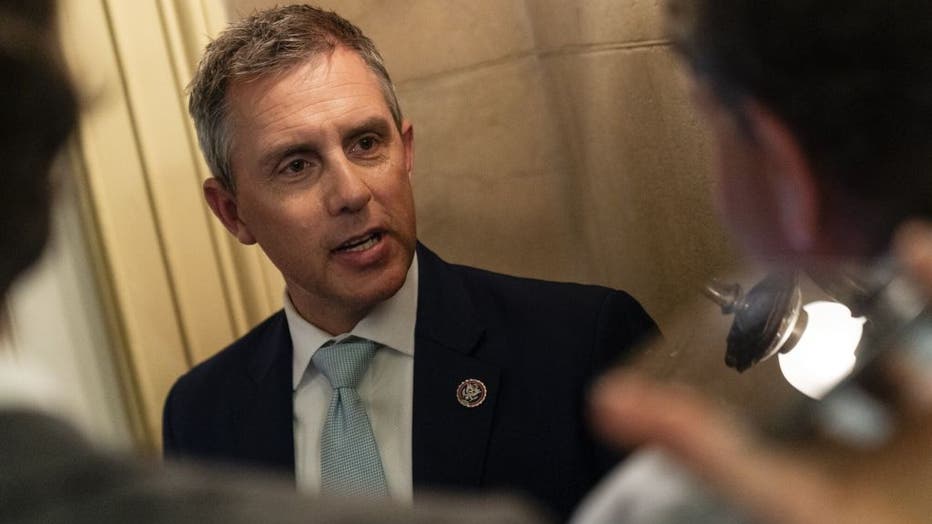North Dakota's governor wants to eliminate property taxes; here's how it could work

No taxes on tips? Both candidates show support
Vice President Kamala Harris promised to eliminate taxes on tips, two months after former President Trump promised to do the same. Their rare point of agreement underscores the bipartisan popularity of the novel piece of economic policy.
BISMARCK, N.D. - North Dakota could become the first state to eliminate property taxes for primary residences under a proposal by Governor Kelly Armstrong.
The plan leverages the state’s oil-derived Legacy Fund to offset revenue and includes expanded tax credits for seniors and people with disabilities, aiming to phase out property taxes within the next decade. Armstrong called the proposal "aggressive, durable, and responsible."
What is North Dakota’s plan to eliminate property taxes?
Why you should care:
Armstrong’s plan begins with an initial $483 million from the state’s general fund and Legacy Fund earnings, offering homeowners a tax credit of up to $1,550 annually. Over time, the credit would increase, moving most primary residences toward zero property taxes.
A 3% cap on future increases in local property tax budgets is also included, aiming to limit growth in tax burdens while the state takes on a larger share of funding.
North Dakota is uniquely positioned to attempt such a plan, with billions in oil tax revenue and more than $600 million in Legacy Fund earnings during the current budget cycle.
How would property tax elimination affect North Dakota homeowners?
What they're saying:
Bismarck retirees Pat and Julie O’Dell, who pay over $3,000 annually in property taxes, see Armstrong’s proposal as a relief, the Associated Press reported on Tuesday. "There’s a lot of people in a lot worse shape than I am," Pat O’Dell said, noting the burden of property taxes on people with fixed incomes.
However, some experts and local officials have raised concerns about the long-term sustainability of the plan. Fargo Mayor Tim Mahoney said property taxes account for 40% of his city’s budget. "The long-term sustainability is extremely critical," Mahoney said, though he called the goal "a great one."

FILE - Representative Kelly Armstrong, a Republican from North Dakota, speaks to members of the media outside the House Speaker's office at the US Capitol in Washington, DC, US, on Wednesday, Oct. 4, 2023. (Photographer: Eric Lee/Bloomberg via Getty Images)
Nationally, the idea of eliminating property taxes has gained traction amid rising assessments, which have frustrated homeowners. Jared Walczak of the Tax Foundation cautions that while North Dakota’s oil revenue makes the plan feasible, it may not be the most efficient way to provide tax relief.
Can any state realistically eliminate property taxes?
The backstory:
Property taxes are a significant source of funding for local governments, covering essential services like schools, public safety, and infrastructure. No state has eliminated property taxes, though some have introduced targeted tax credits or caps to ease the burden on residents.
North Dakota’s current proposal follows years of debate over property tax relief. In 2022, voters rejected a measure to abolish most local property taxes. Armstrong’s plan builds on that momentum, balancing oil wealth with a push to address tax complaints.
The Source
This story is based on reporting by the Associated Press and state government sources, with additional context from national tax experts. This story was reported from Los Angeles.

